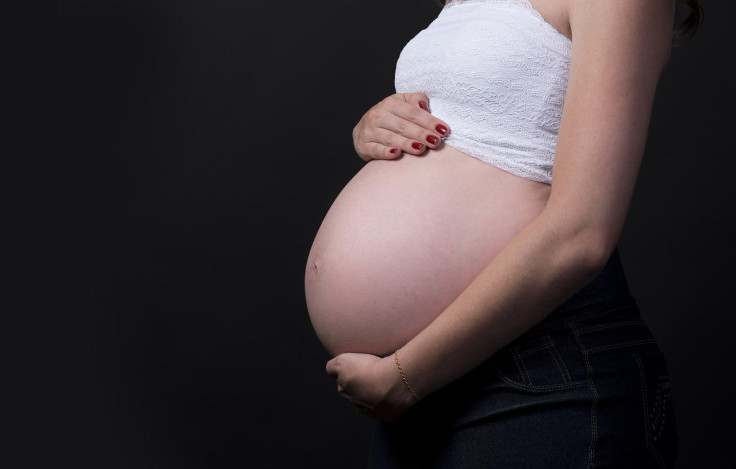Does Pregnancy Affect Smoking? Women May Start Cutting Back Even Before Knowing They're Pregnant
KEY POINTS
- Researchers tried to find out when smoking reductions begin during pregnancy
- Expecting moms reduced smoking by one cigarette a day even before learning they're pregnant
- Finding the mechanisms behind the change could lead to smoking cessation treatments: Study lead
Many women smokers try to quit or reduce the number of cigarettes when they get pregnant. But, they may have already started cutting back even before they knew they were expecting.
In a study, published Monday in the journal Addiction Biology, researchers looked at smoking and pregnancy in a rather different way. Reduction in smoking during pregnancy is already "well-established" as expecting mothers tend to want to protect their babies, Northwestern University explained in a news release.
"Whether pregnancy influences smoking behavior independent of women's knowledge of the pregnancy...has not been considered," the researchers wrote.
The question they sought to answer is when this reduction in smoking begins in pregnant women.
To find out, they looked at the changes in the smoking behavior of 416 participants. All of them were smokers before getting pregnant, smoking about 10 cigarettes a day.
Researchers found that the women actually reduced their smoking by an average of one cigarette per day between conception and when they found out they were pregnant. Once they knew they were expecting, this dropped further from nine cigarettes a day to five. The pattern was observed regardless of whether the pregnancies were planned or not.
In other words, pregnancy may be curbing the desire to smoke even before the person becomes aware of it.
"Before this paper, it was largely assumed that the only thing causing pregnant smokers to cut down was a desire to protect the baby," said study lead author Dr. Suena Huang Massey, of Northwestern University Feinberg School of Medicine. "While our study does support the discovery of pregnancy as a salient event, levels of pregnancy smoking began to decline before smokers suspected they were pregnant."
According to the researchers, this shows how pregnancy may actually be impacting smoking "via mechanisms not previously considered." For instance, the "steepest declines" in smoking coincided with the peak in the levels of hCG, which is a hormone produced in the placenta.
"While recognition of pregnancy is a common motivation to reduce or quit smoking, if biological processes in early pregnancy are also involved as suggested by this study, identifying precisely what these processes are can lead to the development of new smoking-cessation medications," Massey said.

© Copyright IBTimes 2025. All rights reserved.






















